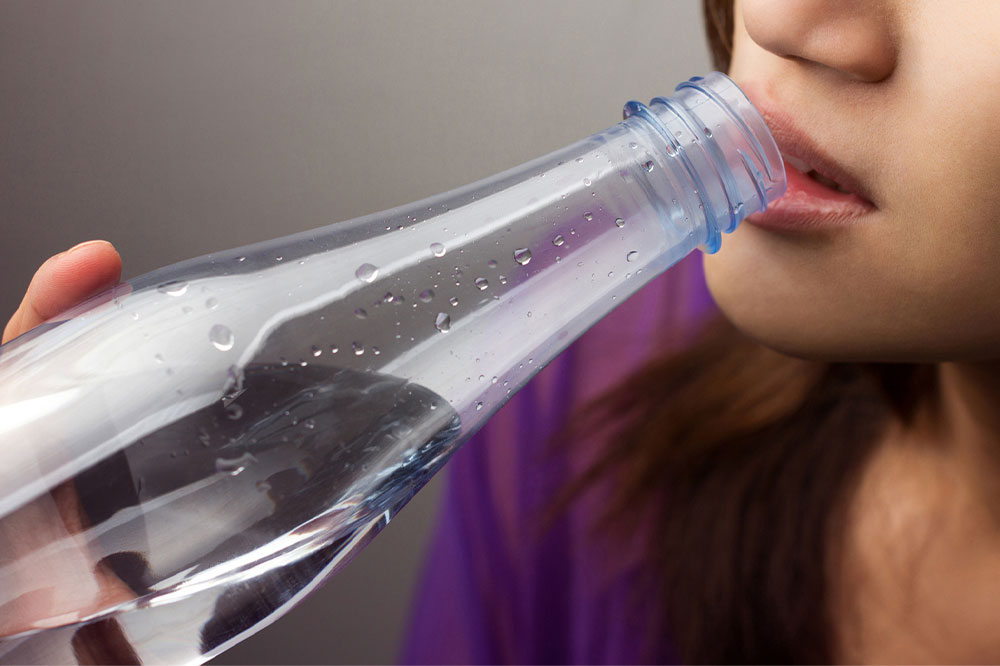
8 side effects of inadequate water intake
Water is one of the vital elements for a person’s survival. Apart from the fact that it makes up about 60% of the body, water is key to the functionality of all systems in an individual. For example, water helps optimize blood circulation, ensuring that all the organs and parts of the body receive the necessary nutrients and oxygen to run efficiently. Here are some side effects of inadequate water intake:
Persistent headaches
Not drinking enough water during the day is particularly bad for people with migraines and other headache-driven health conditions. Not consuming water for long periods either causes headaches or makes them worse. The pain can get to throbbing and ear-splitting levels, seriously affecting a person’s ability to perform tasks. This is why healthcare experts advise people suffering from headaches to drink a few glasses of water and rest to relatively and gradually calm down the pain. On average, it takes about two to three hours to reduce a headache after one consumes water.
Insufficient water intake is directly related to water not reaching the brain area, causing these throbbing headaches. Therefore, it is always handy to always keep a water-filled bottle by one’s side.
Disturbances of fluid balance
An inadequate intake of water and fluids tends to thicken the blood over a period of time. This creates an imbalance of fluids in a person’s body. The thickening of blood forces a person’s heart to work much harder than normal to circulate oxygen, electrolytes, and nutrients to all parts of the body through the blood. As a result, people who consume less water are more likely to suffer cardiac arrests and other cardiovascular issues, all caused by rampant fluid imbalance.
What’s more, overworking one’s heart also makes people feel tired faster. To avoid all these nasty outcomes, drinking a glass of water every hour (or at least every couple of hours) is advisable for people of all ages.









